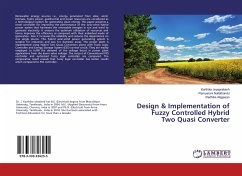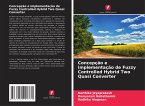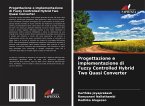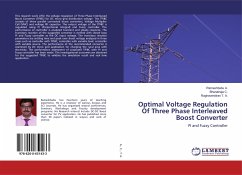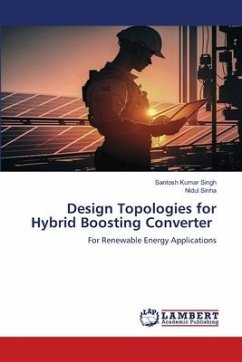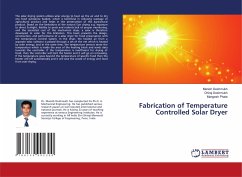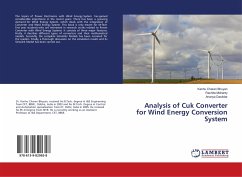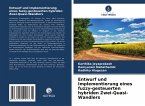Renewable energy sources i.e., energy generated from solar, wind, biomass, hydro power, geothermal and ocean resources are considered as a technological option for generating clean energy. This paper presents a novel controller for improving the performance of the solar-wind hybrid power system that harnesses the renewable energies in sun and wind to generate electricity. It ensures the optimum utilization of resources and hence improves the efficiency as compared with their individual mode of generation. Also it increases the reliability and reduces the dependence on one single source. This hybrid solar-wind power generating system is suitable for industries and also for domestic areas. The power plant is implemented using Hybrid Two Quasi Converters along with Fuzzy Logic Controller and Energy Storage System (ESS) control circuit. They are mainly employed to fulfill the demand of the voltage boost in power plant applications from the lower value voltage. The output of Conventional PID controller and optimized fuzzy logic controller are compared. The comparative result reveals that fuzzy logic controller has better results when compared to PID controller.

